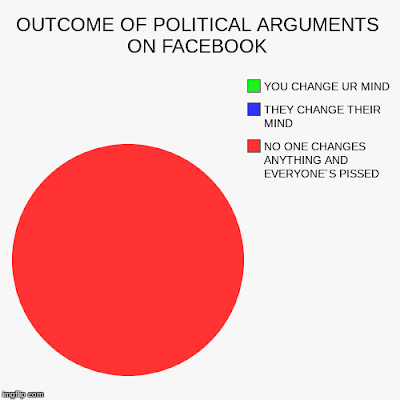Study at Manchild!

I have noticed (and heard about) some bad behaviour lately: to be more specific, bad online male behaviour involving misrepresentation of feminism and gaslighting of women. My curiosity was aroused by noticing similar patterns of behaviour from different people in different places. How are they learning these techniques? I’ve hypothesised an educational institution exists where such behaviour can be honed to perfection. What do you think of my proposed curriculum? What subjects should be added? Manchild Christian University Subject Choices Here at Manchild we teach you: Selective Biblical Literalism 101 We'll show you how the 59 references to slaves in the New Testament need to be read on their cultural context, while explaining how taking l Timothy 2:12 literally is a test of biblical orthodoxy, and that anyone who doesn't ban all women from leadership is a HERETIC! Women's Issues 102 We will help you develop a pat answer to every complex...
